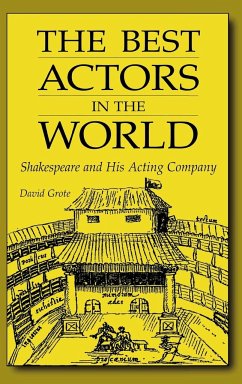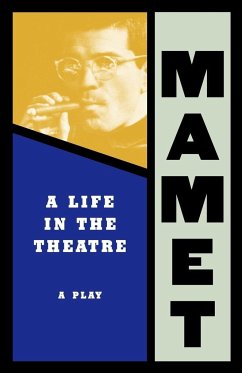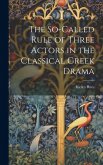Shakespeare knew actors because he was one. The first book-length study of its kind, this volume investigates Shakespeare as a member of his acting company, dating and casting all the plays they presented from 1594 to 1614, and exploring the effects of actors on his writing. Much has been written about Shakespeare and a great deal is known about the Elizabethan theater. Yet little has been done to examine Shakespeare in relation to his acting company. This book casts light on Shakespeare's life in drama and the creation and staging of his plays. More precisely than any other work, it establishes the dates for his company's productions, exploring the varied and profound influences actors had on the works of Renaissance dramatists, and giving us a unique look at the man who knew his actors best of all. As a member of the newly organized Chamberlain's Men, a company that rose to fame in the London theater, Shakespeare experienced the numerous crises, both personal and political, that nearly destroyed the company at the construction of the Globe. Grote describes the company's reorganization as the King's Men, which led to the writing of Shakespeare's great tragedies, as well as the trials of the plague years, Shakespeare's retirement from the stage, the development of writers to replace him, and the burning of the Globe.
Hinweis: Dieser Artikel kann nur an eine deutsche Lieferadresse ausgeliefert werden.
Hinweis: Dieser Artikel kann nur an eine deutsche Lieferadresse ausgeliefert werden.








